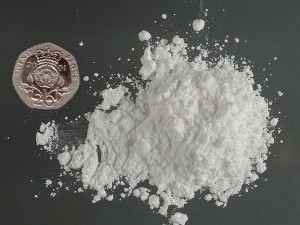
- Just one more drink can lead to a loss of control. Your words start to slur, balance is lost and you start to vomit.
- Guidelines suggest that men should consume no more that 3-4 units a day and a woman no more than 2-3 units a day. Drinking at levels higher than this can quickly lead you to a physical and /or psychological addiction. This addiction can develop gradually, the more you drink, the more you need to drink to experience the same state that lower levels once induced. You may fool yourself that you are simply getting better at managing your drink but the simple truth is that you are addicted.
- Alcohol can significantly alter your mood and you have no idea if you are going to become a quiet, depressive drunk or an angry, aggressive and generally unpleasant drunk.
- Drinking above the recommended levels can cause significant physical damage to your liver and also increases risk of stomach cancer, mouth cancer, breast cancer and heart disease. It is estimated that one in five hospital beds are used to treat the physical illnesses associated with alcohol addiction.
- Alcohol is blamed for contributing to all kinds of problems in Britain, from violent crime to domestic violence and to car-related deaths.
Physical Symptoms:
- Mild fever
- Tremors (shaking)
- Cold sweats
- Nausea and Vomiting
- Diarrhoea
- Loss of consciousness
- Seizures
Psychological Symptoms:
- Insomnia
- Anxiety
- Restlessness
- Sudden mood changes
- Nightmares
- Confusion
- Hallucinations
What can I expect when I go into treatment?
Residential treatment will consist of a range of treatment delivery models to treat the physical and psychological addiction. A doctor will see and assess you on admission and will prescribe a medication appropriate to alleviate the symptoms of withdrawal. The doctor may also undertake a physical examination and check weight, blood pressure and temperature. A breath test may be completed to evidence the alcohol level in the patients system and a urine test completed to record drug usage. Routine blood tests may also be undertaken. The doctor will review any current prescribed medication and advise accordingly. Throughout the treatment process the doctor will monitor physical well-being and be called if there are any medical needs identified.
A background history and care plan will be put together by a key worker that has been allocated to you. The client will be completely involved with this process and be expected to make his/her choices and wishes known. The plan of care will address the clients addiction, behavioural issues, physical health needs, psychological well-being and social needs.
The treatment will consist of education and therapy to understand and challenge the addictive illness and to encourage an awareness of the underlying issues behind it, recognising trigger points and altering and affecting behaviours to allow a life free of the harm it creates.
Families




